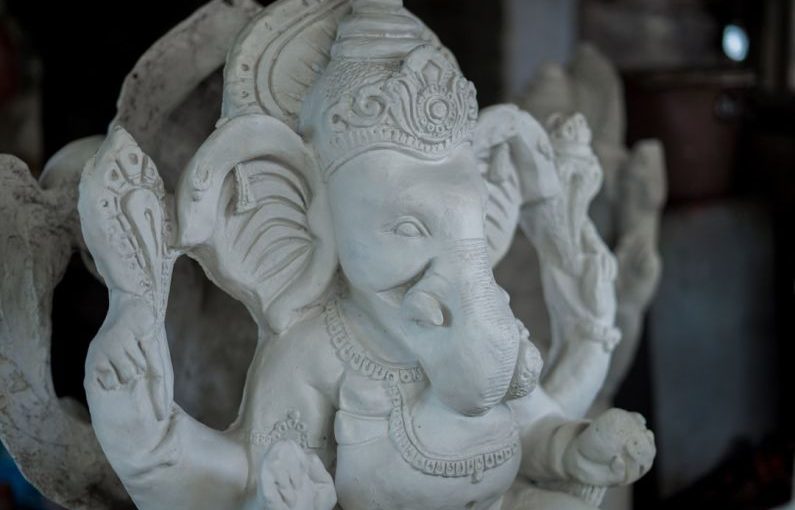Every society is like a tapestry woven with diverse threads of traditions, beliefs, and values. Cultural festivals serve as the vibrant colors that bring this tapestry to life, pulsating with energy and spirit. These celebrations are not merely events on a calendar; they are the heartbeat of societies, connecting people to their roots, fostering unity, and celebrating the richness of their heritage.
Celebrating Identity and Heritage
Cultural festivals are a profound expression of a community’s identity and heritage. Through music, dance, art, and cuisine, these festivals showcase the unique traditions and customs that have been passed down through generations. They serve as a living testament to the history and values that define a society, preserving its cultural legacy for future generations.
By participating in these festivals, individuals reaffirm their connection to their roots and strengthen their sense of belonging. Whether it’s the colorful costumes of a traditional dance performance or the aroma of a beloved dish being cooked, these cultural celebrations evoke a deep sense of pride and nostalgia, reminding people of who they are and where they come from.
Fostering Unity and Inclusivity
Cultural festivals have the remarkable ability to bring people together, transcending barriers of age, gender, race, and religion. In a world often divided by differences, these celebrations serve as a unifying force, creating a sense of camaraderie and shared purpose among communities.
Through shared experiences and mutual appreciation of each other’s cultures, cultural festivals promote understanding and respect. They provide a platform for dialogue and exchange, fostering a sense of inclusivity and acceptance. In a world that is increasingly interconnected, these festivals serve as bridges that connect diverse communities and promote cross-cultural understanding.
Promoting Economic Growth and Tourism
Beyond their cultural significance, festivals also play a vital role in promoting economic growth and tourism. These events attract visitors from near and far, stimulating local businesses and boosting the economy. From artisans selling handmade crafts to local vendors offering traditional delicacies, cultural festivals provide a platform for entrepreneurs to showcase their products and services.
Moreover, cultural festivals often become iconic symbols of a region, attracting tourists and putting a spotlight on the unique cultural offerings of a community. Whether it’s the vibrant colors of a street parade or the mesmerizing sounds of a traditional music performance, these festivals create memorable experiences that draw visitors back year after year.
Celebrating Diversity and Creativity
One of the most remarkable aspects of cultural festivals is their celebration of diversity and creativity. From the intricate designs of a cultural costume to the innovative fusion of traditional and contemporary art forms, these festivals are a testament to the boundless creativity of human expression.
By embracing diversity and encouraging artistic innovation, cultural festivals inspire new ideas and perspectives. They provide a platform for artists and performers to showcase their talents, pushing boundaries and redefining cultural norms. In a world that is constantly evolving, these festivals serve as a reminder of the power of creativity to transcend boundaries and bring people together.
Embracing the Future: Preserving Traditions for Generations to Come
As we look to the future, it is essential that we continue to celebrate and preserve our cultural traditions through festivals and celebrations. These events are not just a reflection of our past; they are a roadmap to our future, guiding us towards a more inclusive, diverse, and vibrant society.
By embracing the rich tapestry of our cultural heritage and fostering unity through shared experiences, we can ensure that our traditions continue to thrive for generations to come. Cultural festivals are not just events on a calendar; they are the heartbeat of societies, pulsating with the rhythm of our shared history and shaping the identity of our collective future.





